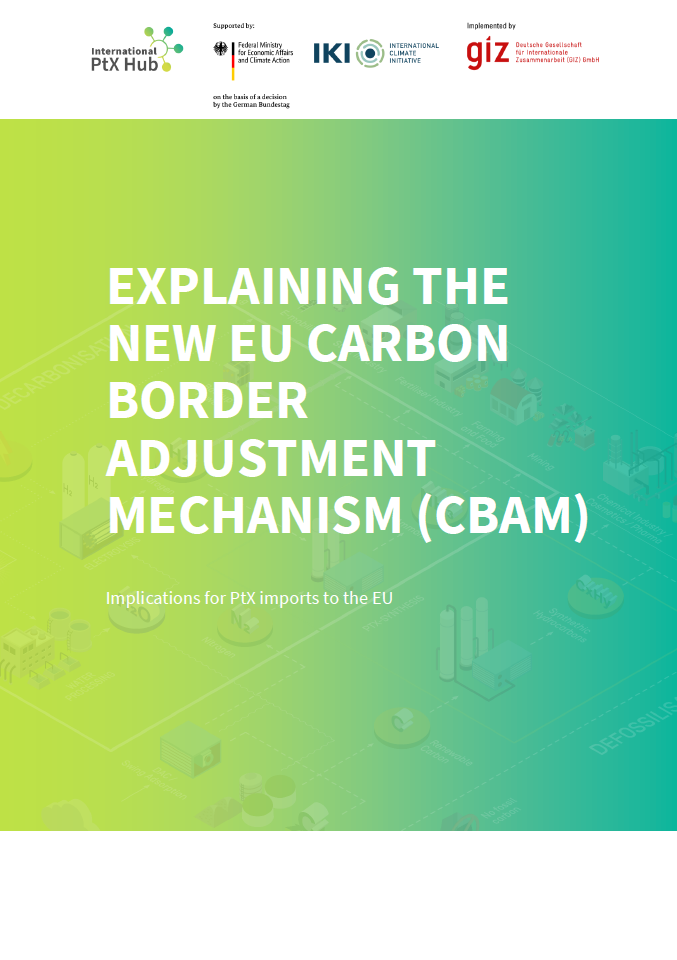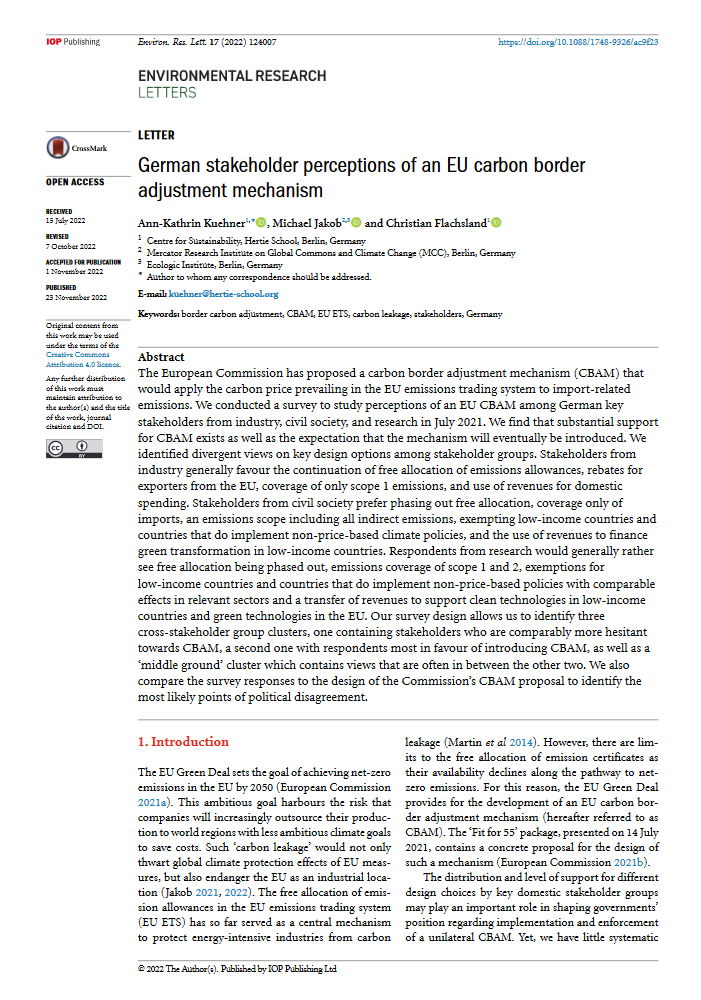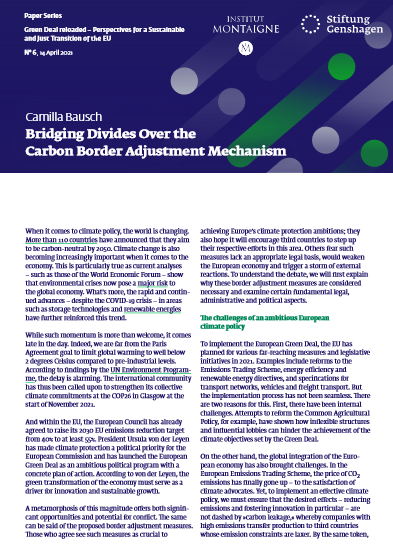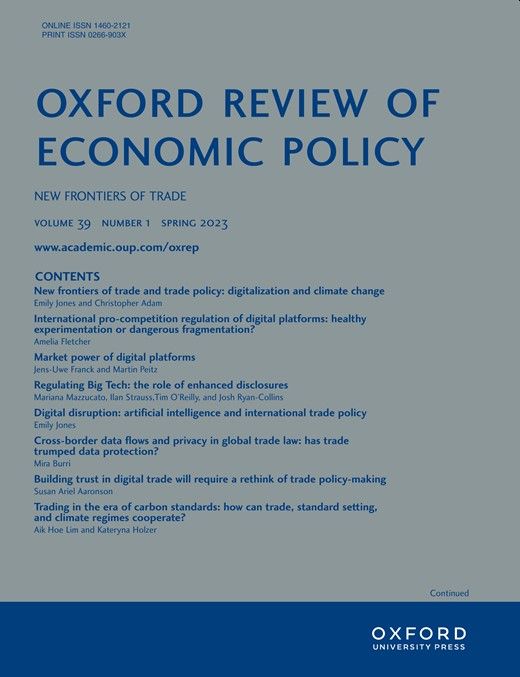Image taken from Freepik.com
Although the Carbon Border Adjustment Mechanism (CBAM) is set to transition from its preparatory to its implementation phase next year, its current form contains several loopholes that undermine its effectiveness. The aim of CBAM is to reduce carbon leakage – that is, the relocation of production and emissions to countries with less stringent climate regulations – and to encourage producers in third countries to reduce their emissions. From 2026 onwards, importers of goods covered by CBAM will be required to pay a CO₂ price equivalent to that in the EU Emissions Trading System. This measure is intended to offset the competitive disadvantages faced by European companies and to subject foreign producers to the same CO₂-price signal. However, existing circumvention and legal loopholes currently prevent CBAM from providing comprehensive and effective protection against carbon leakage.
Project activities
A consortium comprising the Ecologic Institute and Climate Desk is undertaking a project on behalf of the German Environment Agency to deepen understanding of CBAM, identify potential circumvention loopholes, and develop practical recommendations to close the remaining gaps. The project aims to produce evidence-based analyses to support the German Environment Agency and the Federal Ministry for Economic Affairs and Climate Action in positioning and further refining CBAM.
The project will deliver the following outputs:
- Identification and assessment of CBAM's underlying mechanisms and circumvention loopholes, to be presented in a dedicated expert workshop
- Several papers evaluating the impact of extending CBAM's scope to upstream and downstream products, focusing on its effectiveness in providing robust protection against carbon leakage
- A study comparing methodologies for calculating indirect CO₂ emissions, to inform discussions on a potential extension of CBAM's scope from direct to indirect emissions







